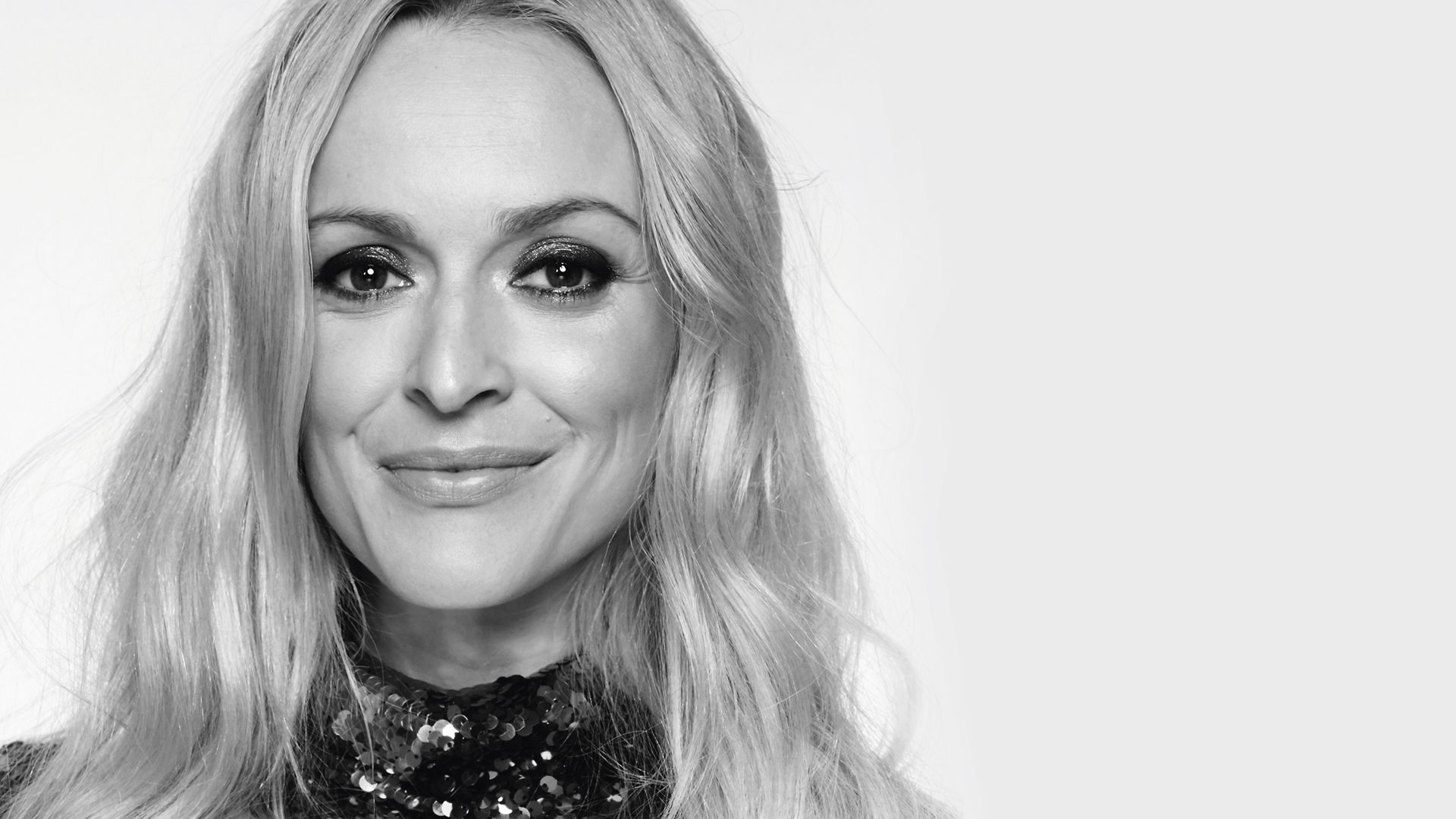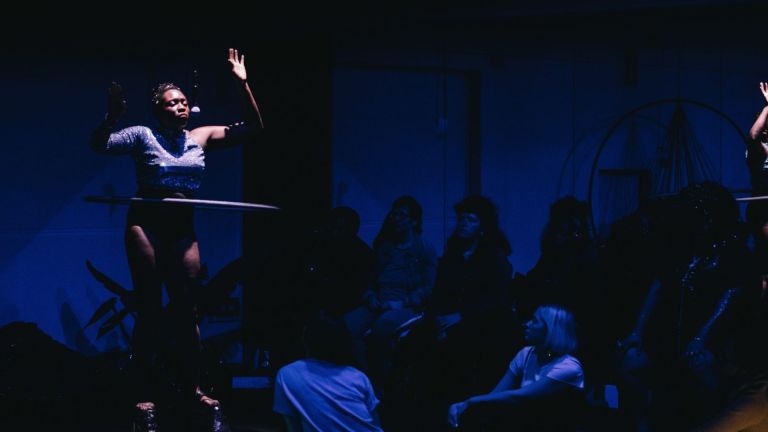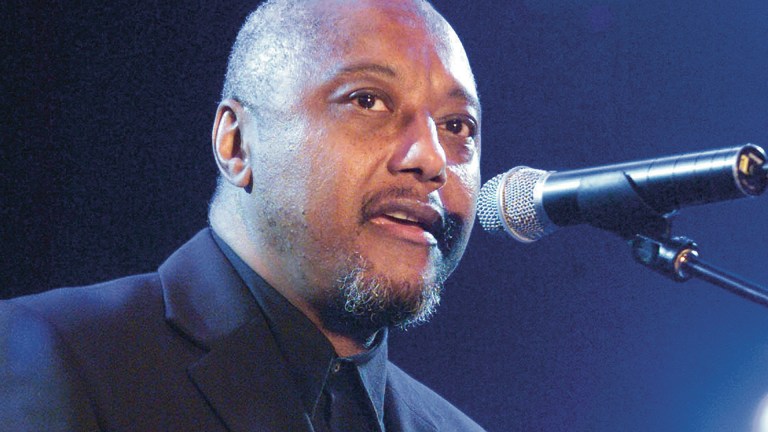Fearne Cotton has hit out at cancel culture and says the entertainment industry is not what it once was.
Cotton was one of the last regular presenters of Top of the Pops, as well as hosting programmes on BBC Radio 1 for nearly 10 years before leaving in 2015.
Recalling that period in an interview with musician Yungblud, who is guest editing this week’s Big Issue magazine, Fearne Cotton said: “It was a great time. You could kind of do whatever you wanted back then. Lots of bands were quite wild and just completely themselves, essentially, without any media training, without anyone saying: ‘This is what is popular right now.’”
“There was certainly a shift, maybe just as I was leaving Radio 1”, Cotton continued. “It felt like it was getting trickier for artists to cultivate a space that was their own.
“I think culturally, it’s harder because cancel culture exists, which is a horrible, toxic little bastard. I just can’t bear that.”
The public boycotting or shunning of individuals or organisations deemed to have acted or spoken in an unacceptable way has become a major talking point for conservative figures, both in the US, and now increasingly in the UK.









